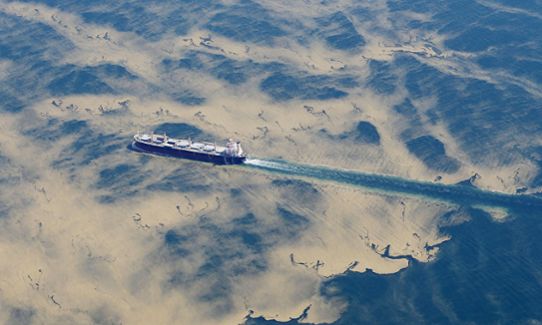Sweden has one of the longest coastlines in Europe. Travelling along the coast from Strömstad in the west to Haparanda in the north involves a journey of 2,400 kilometres. In order that many stakeholder groups can achieve a consensus on the sea, the Swedish Agency for Marine and Water Management is leading work on marine planning that aims to contribute to the sustainable and effective use of the sea, now and in the future.
“We have rapid, ongoing climate change that is affecting both the sea and other environments. We will now be incorporating the latest climate information into the base data for decisions on the marine plan that the Swedish Agency for Marine and Water Management is drawing up. Only when we also take climate change into account can we achieve planning for our seas that is sustainable in the long term,” says Iréne Wåhlström, researcher at SMHI and project manager of the ClimeMarine project.

Involve stakeholder groups
During the course of the project, the researchers and experts involved will conduct a continuous dialogue with stakeholder groups affected by the marine plan. They will be investigating the issues that exist, how information can be used in various decision-making and planning processes, and how stakeholders relate to the uncertainties that exist about future climate change, in decision-making processes for issues such as climate adaptation.
The ClimeMarine project is being led by SMHI, with involvement from the Swedish Agency for Marine and Water Management, the Geological Survey of Sweden (SGU) and the University of Gothenburg. Current information will be integrated into the Swedish Agency for Marine and Water Management’s assessment method for marine administration, Symphony. The project will continue until 2020 and is being funded by the Formas national research programme for climate.